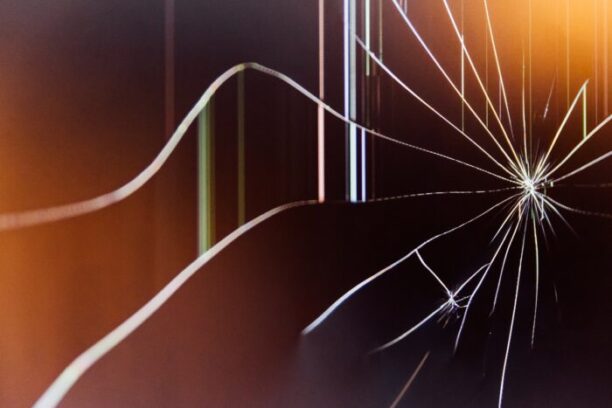We hear it every day:
“Our systems are broken!”
This is meant to convey just how far we as a society are from our ideal state. It’s meant to convey how much we care about the planet, women, people of color, low-income communities, and everyone else who is damaged by our systems. It’s meant to reveal how we could and should improve our systems and all be better off for it.
But it isn’t true.
Our systems aren’t broken. To say they are broken implies that at one time they were fully functioning, optimized, and meeting everyone’s needs and have since stopped functioning.
This is not true.
In fact, you could argue quite compellingly that our systems are working better than they ever have, with life expectancy at an all-time high and the number of people living in abject poverty at an all-time low.
To say they are broken also implies that they were intended to function differently but somehow broke along the way. It implies that we can fix them with our current way of thinking, the thinking that built them.
This is also not true.
Our systems function exactly as intended. The problem is they are intended to produce outcomes that no longer serve us, if they ever did. In order to “fix” our systems, we must grow up and into a new set of values, a new type of thinking and problem solving. We never really “fix” our deepest problems. We grow and evolve past them.
I think it’s more accurate, and useful, to say that our systems are immature. They are in their adolescence. They have learned to survive, but they do not yet have the wisdom and experience to align their stated values with their behaviors. They are unable to see all the ways they ignore and hurt people.
Our systems are in their adolescence. They don’t even remotely touch their potential. But they are growing up. They are maturing.
We can’t fix our systems. We have to evolve into new ones.



